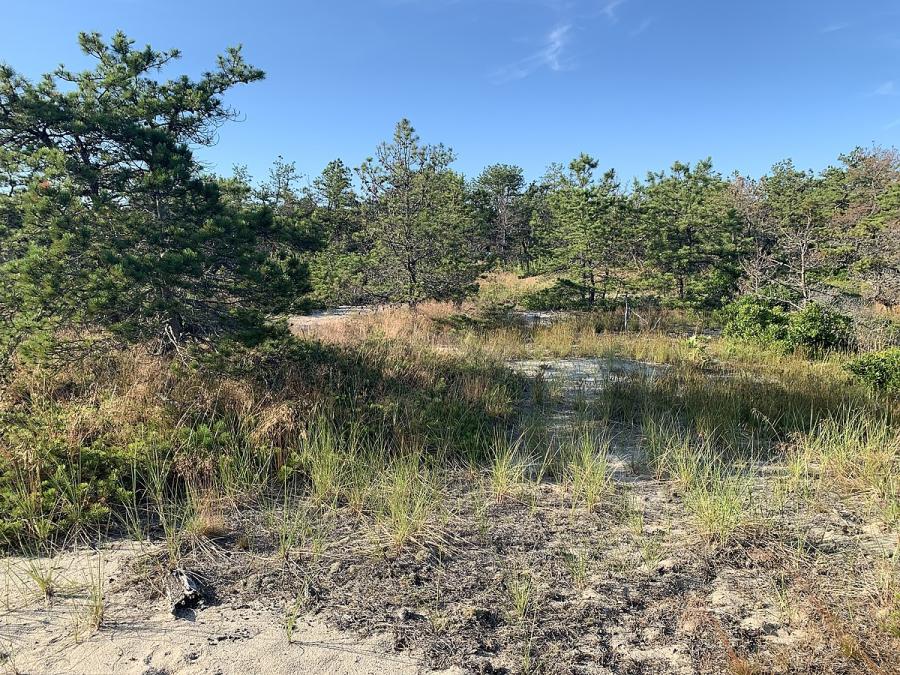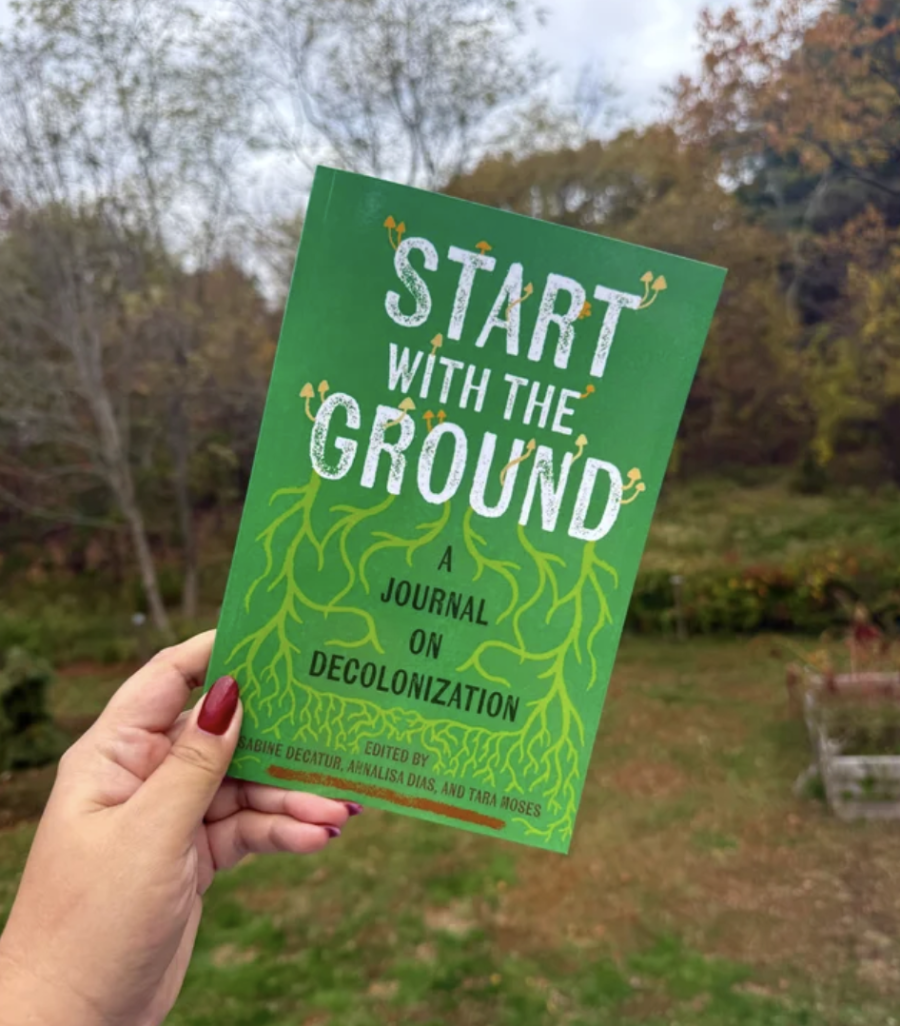CSQ Department Highlight: Curriculum Resources Program on Indigenous. Peoples
As more and more school districts embrace the philosophy of teaching tolerance and critical thinking through a multicultural framework, many educators turn to specialist organizations such as Cultural Survival to diversify their curricula. In part as a response to the hundreds of letters we receive monthly from students and teachers, the Education and Outreach Department has recently expanded its initiatives to create a Curriculum Resources Program on Indigenous Peoples of the Americas. Still in the initial phases of development, the resource program is designed to translate our grassroots connection with the individual struggles of indigenous peoples into tools for the teacher. By bringing the work of Cultural Survival and the concerns of indigenous peoples into the classroom, we are reaching out to a younger student audience whose awareness of global concerns grows with each new exposure to the incredible array of human diversity.
The Curriculum Resource Program on Indigenous People will provide current general information on the issues indigenous peoples collectively confront. Beyond a general introduction to the study of indigenous peoples, the Resource Program is currently divided into sections, each with a topical focus as a starting point to relate issues as they pertain to indigenous peoples. For example, in a unit on Economics and Indigenous People, educators would be challenged to examine the effects of a growing global market system on traditional methods of exchange within and among indigenous groups. Other topics educators might wish to explore with their students are Indigenous Art, Indigenous Ecology, or Contemporary Native Americans. With this flexible structure, we hope to make our information accessible to a range of educators, so that the study of human diversity is not necessarily confined to traditional social studies curricula.
One of the greatest educational assets of Cultural Survival is our long-standing connection with individual indigenous groups. Our active involvement with ongoing projects allows us to offer a personal perspective on issues concerning indigenous peoples, which in turn brings relevance to classroom study. A unique component of Cultural Survival's classroom collaboration is the incorporation of our Special Projects into the Resource Program. As grass roots initiatives, all Special Projects seek in some way to sustain, protect and promote the cultures of indigenous populations. As a learning tool, using the Special Projects as case studies will provide tangible substance for the students by illustrating the application of the ideas contained with the curriculum.
To be truly effective a curriculum resource program must be designed to be easily adaptable for individual classrooms, and therefore must be developed in partnership with schools, with input from teachers in the classroom. To this end, Cultural Survival has enlisted the participation of two Boston area secondary schools to pilot sections of the curriculum program as part of their ongoing courses. With innovative curriculum at the heart of each school's mission, this collaborative effort will provide a solid basis for open dialogue at every step of the process.
As a whole, the pilot program offers our organization a rich beginning to a long partnership with the classroom. As we continue to receive reports, updates, and appeals from organizations and specialists in the field, we can channel this information directly into the hands of educators through the Resource Program. From this connection, we can spark a new generation of human rights activists, encouraging students to direct their energy into constructive action. And with the classroom as a regular forum for the work of Cultural Survival and the concerns of indigenous peoples, we all stand a better chance of learning from and celebrating diversity while achieving human rights for all peoples. For more information on the Curriculum Resources Program, contact Lena Mortensen, Education and Outreach Department, Cultural Survival. Tel.: 617-441-5412. Article copyright Cultural Survival, Inc.



